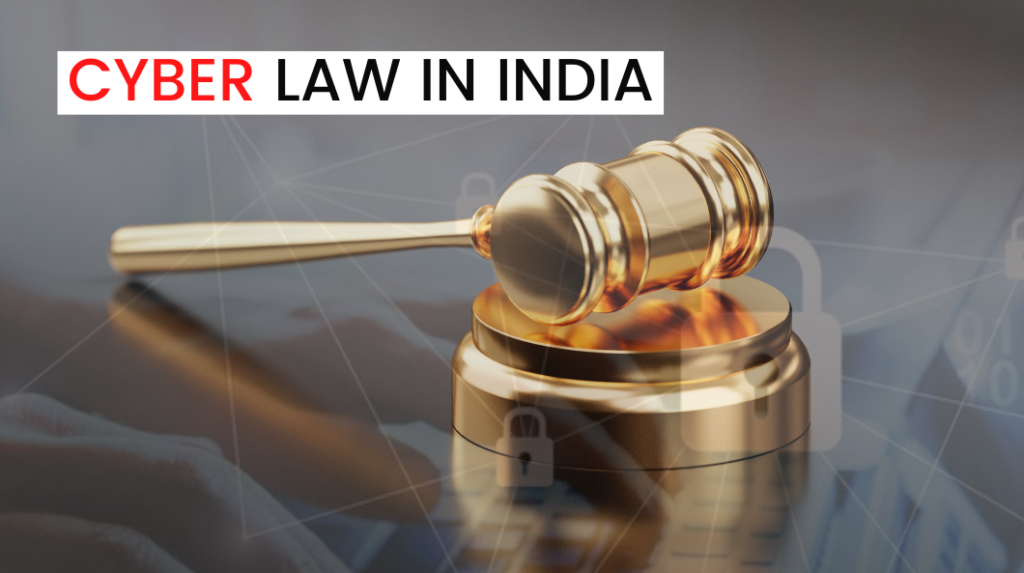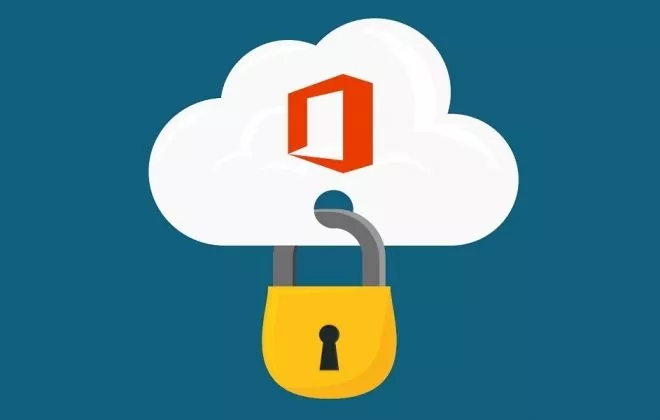Cyber Law in INDIA

In this article we will see in detail overview of Cyber Law in India and various sections of IT Act 2000.
What is Cyber Law?
Cyber law is the law governing Cyber Space. Cyber also named as IT Law (Information Technology Law)/ law of the internet.
Cyber law related to and not limited to Cybercrime, Electronic and digital signature, Intellectual property, data protection and privacy, electronic records, trade secrets, contracts and employment law, Free speech on the Internet.
Need for Cyber Law
We are living in a digital era of the world. Every organization adopting digitization and the internet for better enhancement and future growth. Crimes also taking a shape in a sophisticated way with digital crimes. We need to secure every digital user against the different types of crimes scene, so we need laws for that Nationally and Internationally.
- To take measures against Cyber Crimes such as banking fraud, source code theft, virus attack, phishing attack, Denial of Service attack, etc.
- Intellectual property rights and copyrights protection
- Digital signature regarding personal and organizational transection
- All types of online transactions
- Government forms i.e., Income tax return, GST return, etc. are now filled in electronic form.
- Consumers using credit/debit cards.
Cyber Crimes
The Indian Ministry of Home Affairs operationalized the National Cyber Crime reporting portal on August 30, 2019, to provide online reporting to citizens against all types of cybercrimes incidents. More than 3 lakh 17 thousand cyber crimes and more than 5.5 thousand FIRs were registered online through the portal in 18 months. As per February 2021 data, in Karnataka, about 21 thousand cybercrime incidents and 80 FIRs were reported, and in Maharashtra, around 50 thousand cybercrime incidents and 500 FIRs were reported.
Various Cyber Law in India
IT Act 2000, Section 43
Section 43 – Penalty and Compensation for damage to a computer, network, etc.
- unauthorized access to computer, network, etc.
- unauthorized download data from computer resources.
- virus attack or inclusion into computer resources or networks.
- damage any computer, program, data, network, etc.
- disruption to any computer, network, system, etc.
- Denial of access to the authorized personnel to access computer, system, network, etc. by any means.
- Provide support/assistance to provide access to a system, network, etc. to an unauthorized person.
- Tempering account or manipulating with any computer, system, network.
- Destroy or delete information from computer resources.
- Steal or destroy any person to steal or destroy computer source code used for computer resources with an intention of damage.
Section 65 – Tampering with computer documents – Any person intentionally destroys/misuse any computer source code/software then the person will be punished with imprisonment which extends up to three years or a fine up to 20,000.
Section 66 – Hacking the computer system –Any person with criminal intense access to any computer resource in an unauthorized way and causing damage to the person or public at large then the offender is punished with imprisonment which may extend up to three years or a fine up to 50,000.
Section 66 – A – Sending an offensive message –Prevent the user of the computer/ electronic device to send any kind of offensive messages, which punishable with imprisonment which may extend up to three years.
Section 66 – B–Receiving stolen computer/ electronic device –Any person who receives a computer/ electronic device which he knows as the device is stolen/ having defective title shall be punished with imprisonment up to three years or fine up to one lakh.
Section 66 – C – Fraudulently using a password of any person –Imprisonment up to three years or fine up to one lakh.
Section 66 – E – Publishing private image of other persons without consent – Imprisonment up to three years or fine up to two lakhs.
Section 66 – F – Cyber Terrorism –Imprisonment extends up to life.
Section 67 –A – Publishing images or sexual content –Imprisonment extends up to seven years or fine up to one lakh.
Section 71 – Mis-representation –Imprisonment up to two years or fine up to ten thousand.
Want to connect, please click here.
Reference –
https://www.jigsawacademy.com/blogs/cyber-security/what-is-cyber-law/
https://en.wikipedia.org/wiki/IT_law
https://www.geeksforgeeks.org/cyber-law-it-law-in-india/
https://indiankanoon.org/doc/39800/
Author,
Trupal Patel
Audit and Compliance Department
Varutra Consulting Pvt. Ltd.




